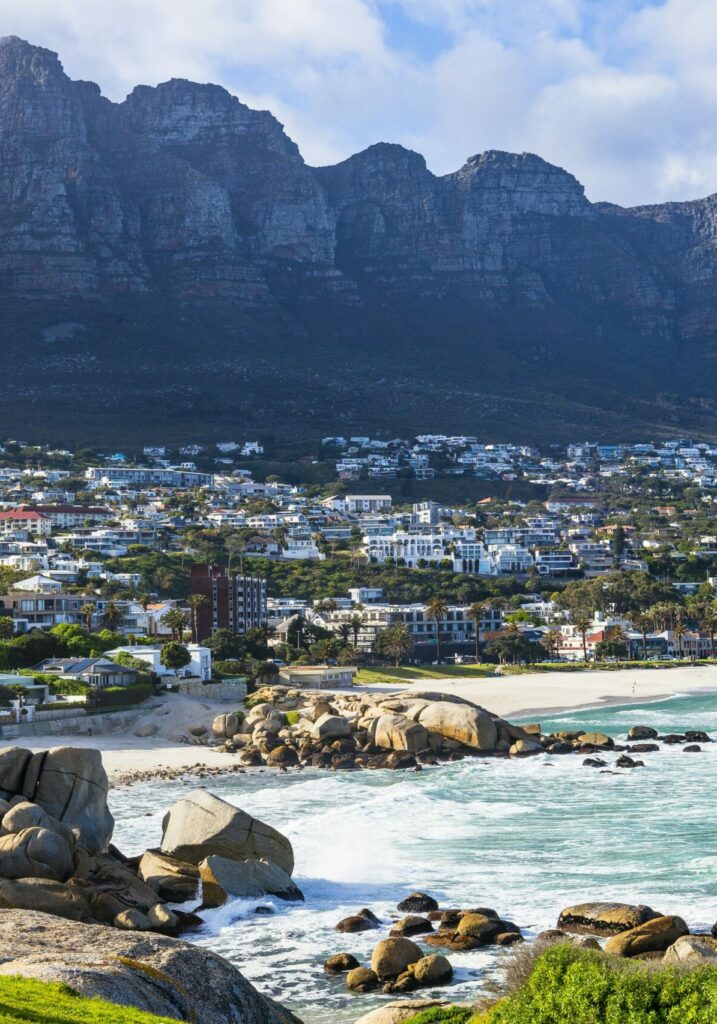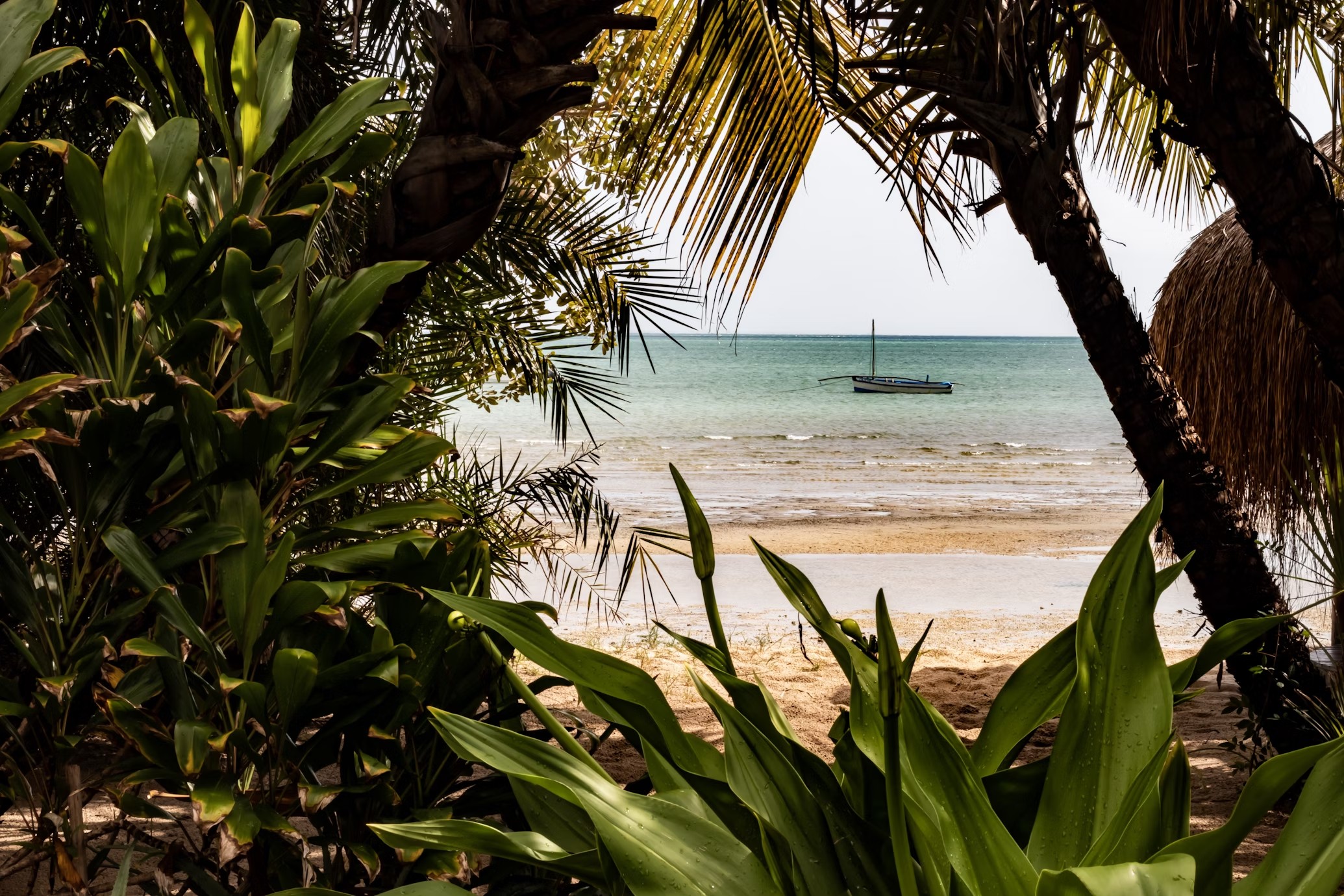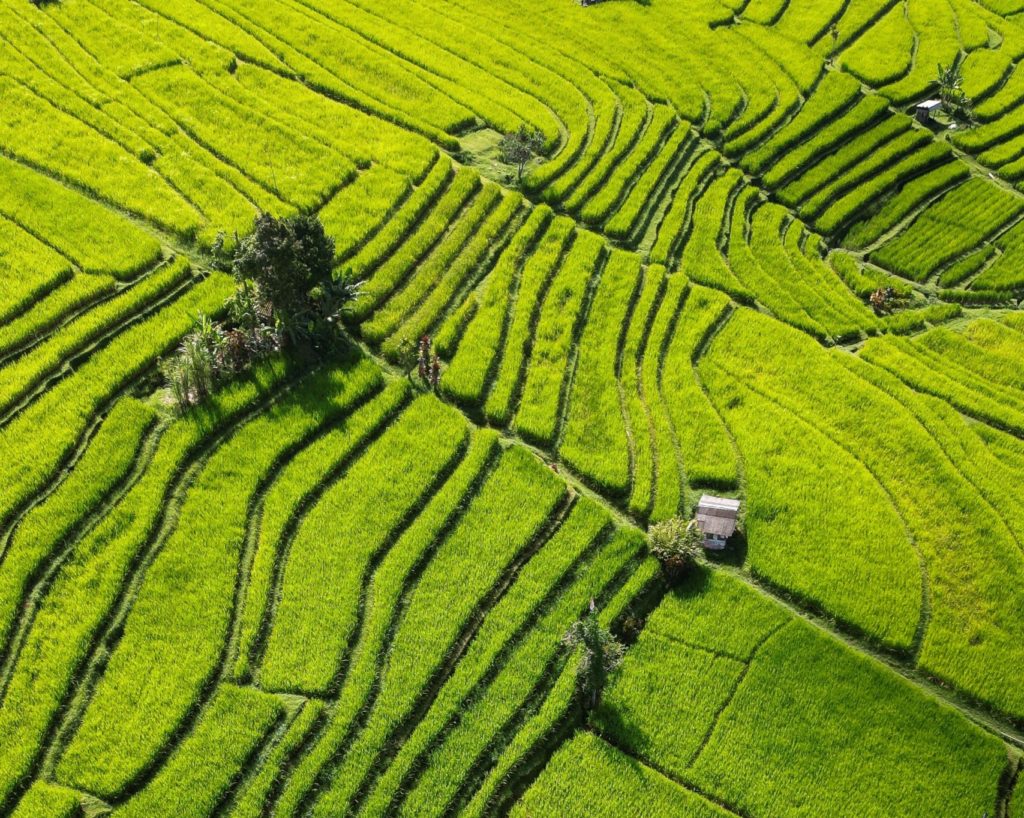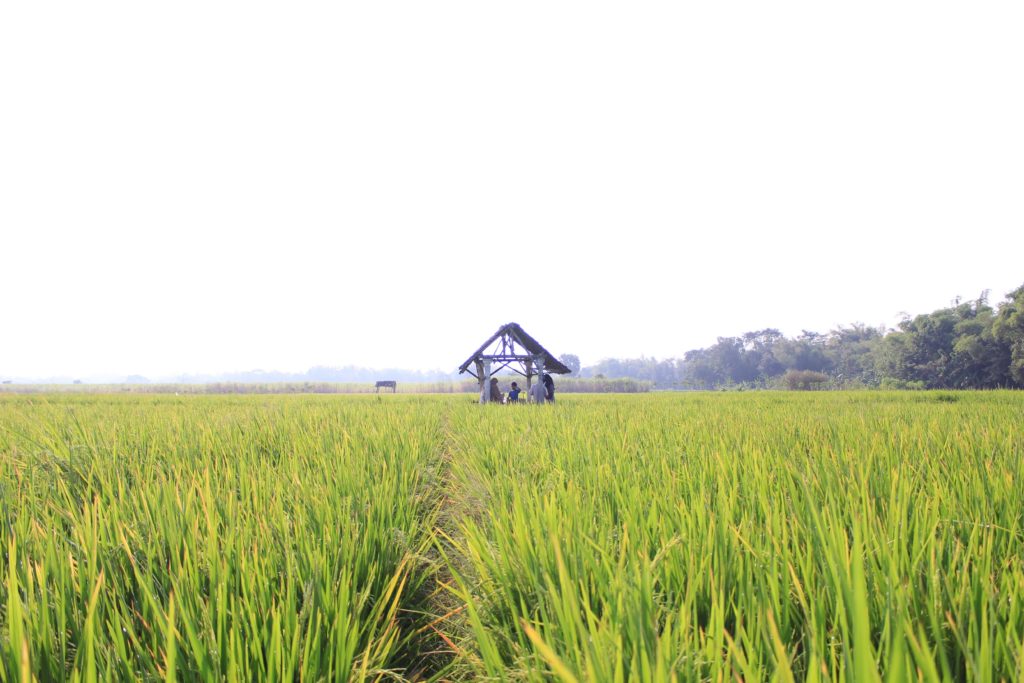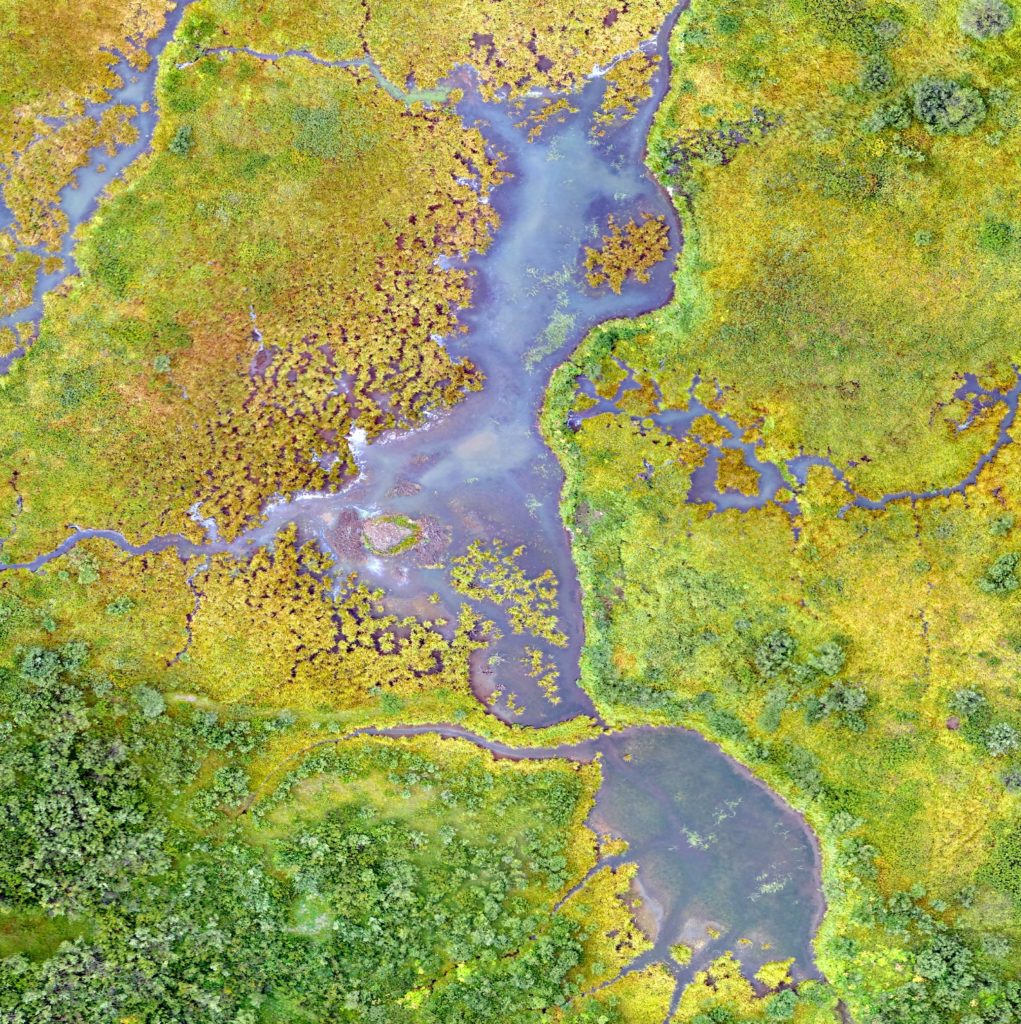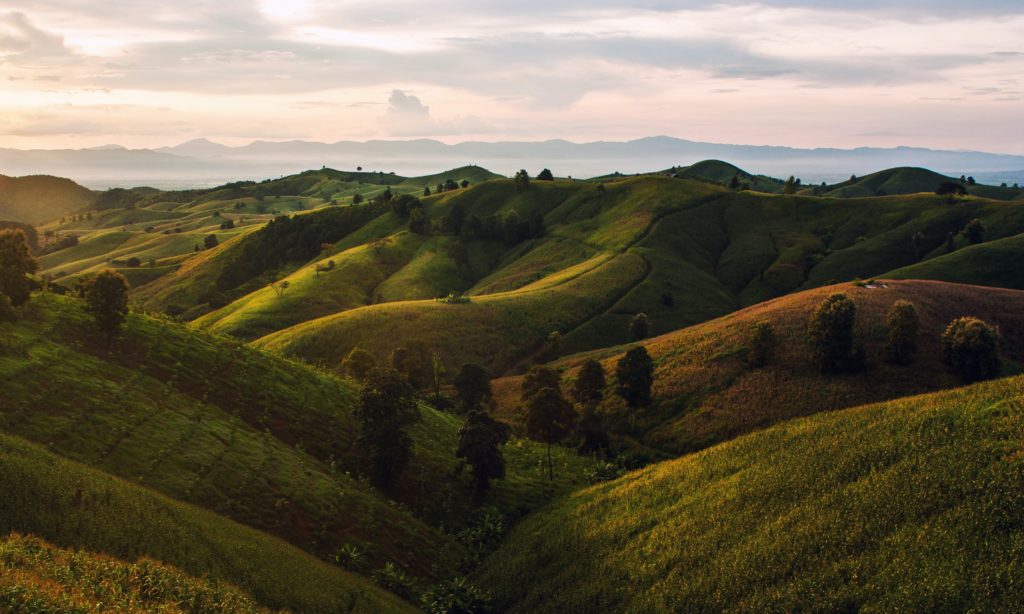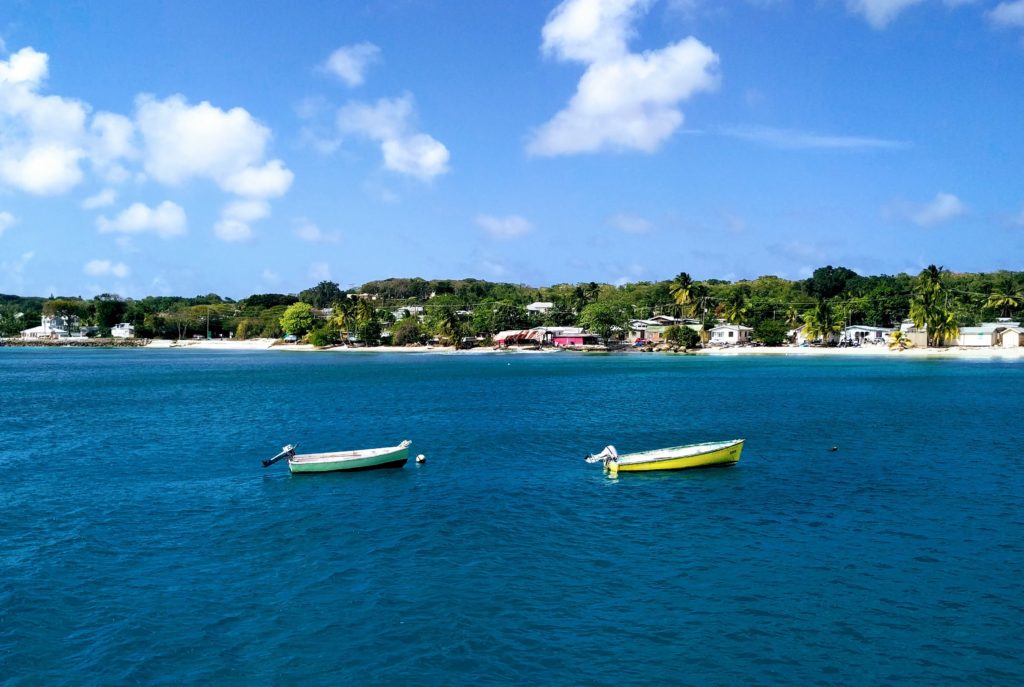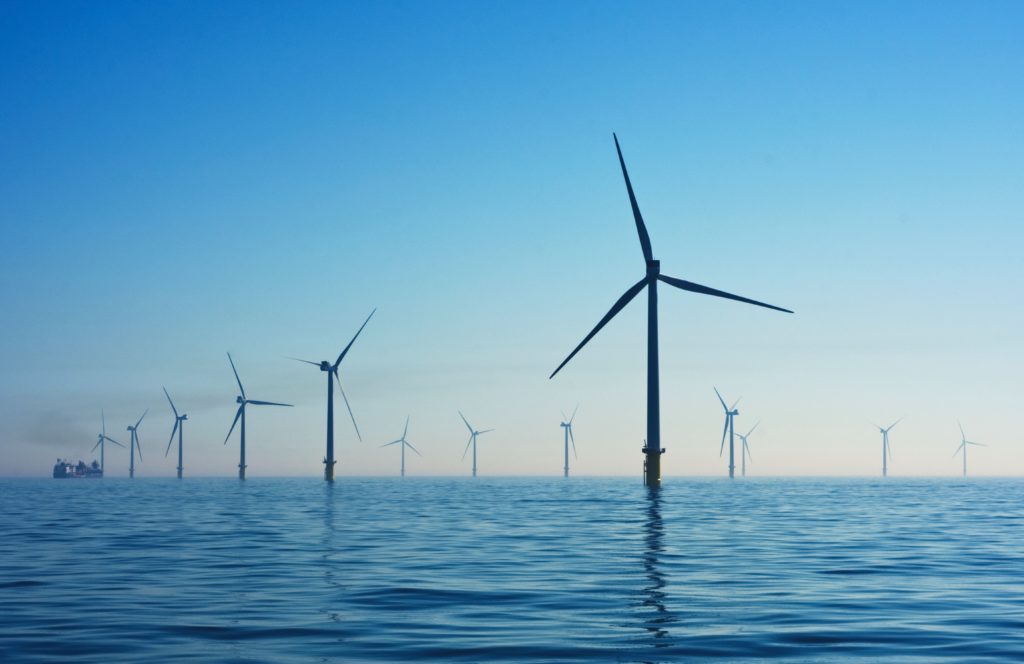Developing countries are trapped in a vicious cycle of debt, climate change and underinvestment. As they spend more on debt interest than on healthcare, education, or climate resilience, the human costs are severe. The Debt Relief for a Green and Inclusive Recovery Project offers a bold solution: transformative debt relief to support sustainable development and climate action. It’s time to break the cycle and build a resilient, green and equitable global economy. Learn more in our video.
Category: Video
On Tuesday, May 14, 2024, the Debt Relief for a Green and Inclusive Recovery (DRGR) Project hosted a webinar discussion to launch its new report, “Defaulting on Development and Climate – Debt Sustainability and the Race for the 2030 Agenda and Paris Agreement.”
The countries of the Global South have contributed little to climate change. But they are particularly vulnerable to its impacts. Now, as a result of COVID-19, high interest rates and climate-related disasters, debt levels in the Global South have skyrocketed. As a consequence, a triple crisis of debt, climate change and lost development is emerging. How can highly indebted developing countries respond to these challenges?
On Tuesday, May 2, 2023, the Debt Relief for a Green and Inclusive Recovery (DRGR) Project hosted the webinar launch of its new report, “Debt Relief for a Green and Inclusive Recovery: Guaranteeing Sustainable Development.”
